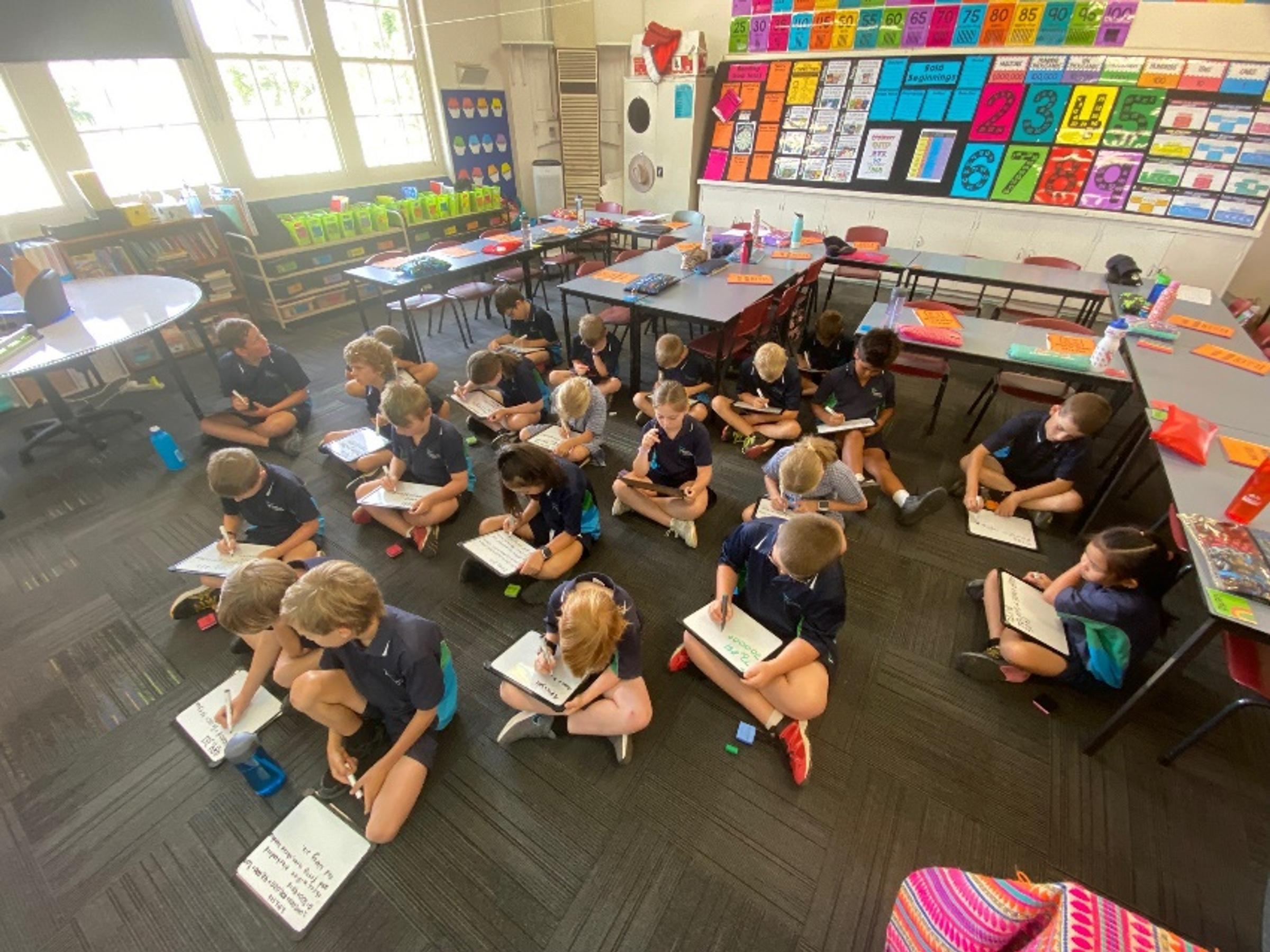While students and teachers work tirelessly together at school to ensure students learn all the skills necessary to becoming the best person they can be, sometimes we need a little extra help from you too!
I’m sure by now you’ve begun hearing the buzz of NAPLAN begin to be thrown around in the media. In 2023, NAPLAN standardised testing will begin on Wednesday 15 March, much earlier in the year than ever before. While the primary purpose of NAPLAN is to assess students' academic skills in reading, writing, language conventions, and numeracy, this is a fantastic opportunity for students to practise simply participating and doing their best under test conditions. Afterall, this kind of scenario is not too much different than what students can expect when they go for their Learner Permit, Hazards test or Probationary License in just a few years.
So how can you help your child at home?
- Nightly reading – I’m sure you’ve heard this a million times but there is a very good reason for that. Reading is a fundamental life-skill. If your child simply doesn’t enjoy reading, that is okay! Not everybody does. However, have a conversation with your child about what kind of job they may like to have one day and use specific examples to discuss how important reading is to that field of work. For instance, farmers must know how to read milk cheques and prescriptions for medications and how to administer them to their animals. Builders, carpenters, electricians and other similar tradespeople rely on reading to make sure they complete a job to their client’s needs and comply with the building code. Beauty therapists and health practitioners rely on reading to complete their TAFE qualification and manage client bookings every day. These kinds of conversations will help you support your child in finding books, magazines or articles specific to their interests!
- Manage stress and anxiety – Attending school and participating in NAPLAN can be stressful for some children, so it's important to talk to your child about what exactly it is that they’re worried about. Encourage your child to talk about their worries and reassure them by working through each worry using logic and simple strategies. Afterall, testing does not measure their kindness, passion, bravery, creativity, honesty or team-work. You may even like to celebrate their participation by visiting the park, having a picnic or going out to eat afterwards! Creating a space to regularly talk about school and how it benefits us later in life is extremely important. It is important that students view school as one part of their journey towards the life they want to create for themselves.
- Encourage a positive attitude and growth mindset – Encourage your child to have a positive attitude towards school (and NAPLAN) and focus on doing THEIR best. We always talk about building resilience in children and trying new things or participating in experiences which challenge us is a great way to do that. Children who are able to give their best, especially when things are difficult, are likely to have more persistence, resilience and problem-solving skills which will help them in real-life situations. Testing is a part of life! Children will have to prove their learning throughout their schooling and again later in life when going for job interviews – so what better time than now to start developing and valuing these skills?
One of the greatest things you can do for your child is be involved in their learning so reach out to your child’s teacher to ask how you could support them further at home. Together, we can ensure your child has the most positive and meaningful journey through their school years and into adulthood.
